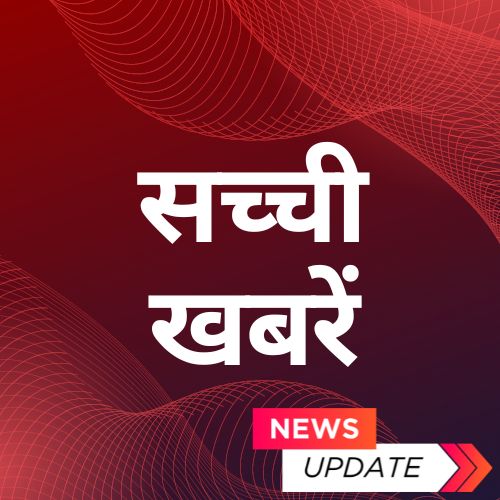Mobikwik CEO wants regulators to show more love to Indian fintech
The excitement around fintech platforms that enable payments and lending has waned over the last year as the regulator Reserve Bank of India (RBI) squeezed the wiggle room for risk and, thereby, bigger profits.
| Company | Value | Change | %Change |
|---|
“We don’t realise that when people, whether investors or stakeholders, look at companies like ours, they interpret these decisions based on their own understanding. It often feels like a black box, leading many to conclude that perhaps regulators and the government are not in favour of fintech,” said Bipin Preet Singh, Co-Founder, Managing Director and CEO, One Mobikwik Systemsin an exclusive interaction with CNBC-TV18’s Managing Editor Shereen Bhan.
Mobikwik, a Gurugram-based payments, lending and investment platform, thrived as an early mover in India’s fintech space 15 years ago. It got a hero’s welcome on the stock exchanges in Dec 2024. But the tide has turned since then.

While Mobikwik has lost nearly half of its value this year so far, its closest lister peer Paytm has shed nearly a quarter of its value in the same period. Share price chart as at market close on Feb 19.
Aside the general risk aversion in the market, tightening regulations have played their part in these unicorns losing their mojo. Funding for unlisted fintech players fell 33% to $1.9 billion in 2024, according to a report from Tracxn, a data collating platform, released last month. It was still the world’s third largest figure for funding received by fintechs in any one country last year.
Platforms like Mobikwik operate as a funnel directing money from the big banks to the small borrowers who may or may not have a good credit history.
To contain the risk of a rise in bad loans triggering a meltdown in the future, the authorities cracked down on illegal lending apps and misleading ads.
The RBI capped the loan losses guaranteed by the platforms like Mobikwik, Paytm, PhonePe and others. The central bank also choked the flow of loans to unverified borrowers through the new payment aggregator guidelines. These are just some of the examples of tightening norms in recent years.
While the loans are distributed by the platforms, the money comes from the big banks who would then be exposed to widespread defaults if they were to occur.
The changes curbed the platforms’ ability to chase more profitable verticals, which may come with higher risk. “Decisions are made but the reasoning and long-term intent aren’t always clear to those affected,” Bipin Preet Singh said.
It’s not just payments and lending platforms like Mobikwik, even discount broking giants like Zerodha have had a similar grouse with the market regulator Securities and Exchange Board of India (SEBI). “The regulators, especially SEBI, wants brokers to earn only from brokerage and not from anything else. This is a big challenge for the entire industry,” founder Nithin Kamath said in an earlier conversation.
Click here to check out more news:
Most Viewed Blogs
Latest Jobs in India
Technology News
Latest Jobs in India
Technology News








